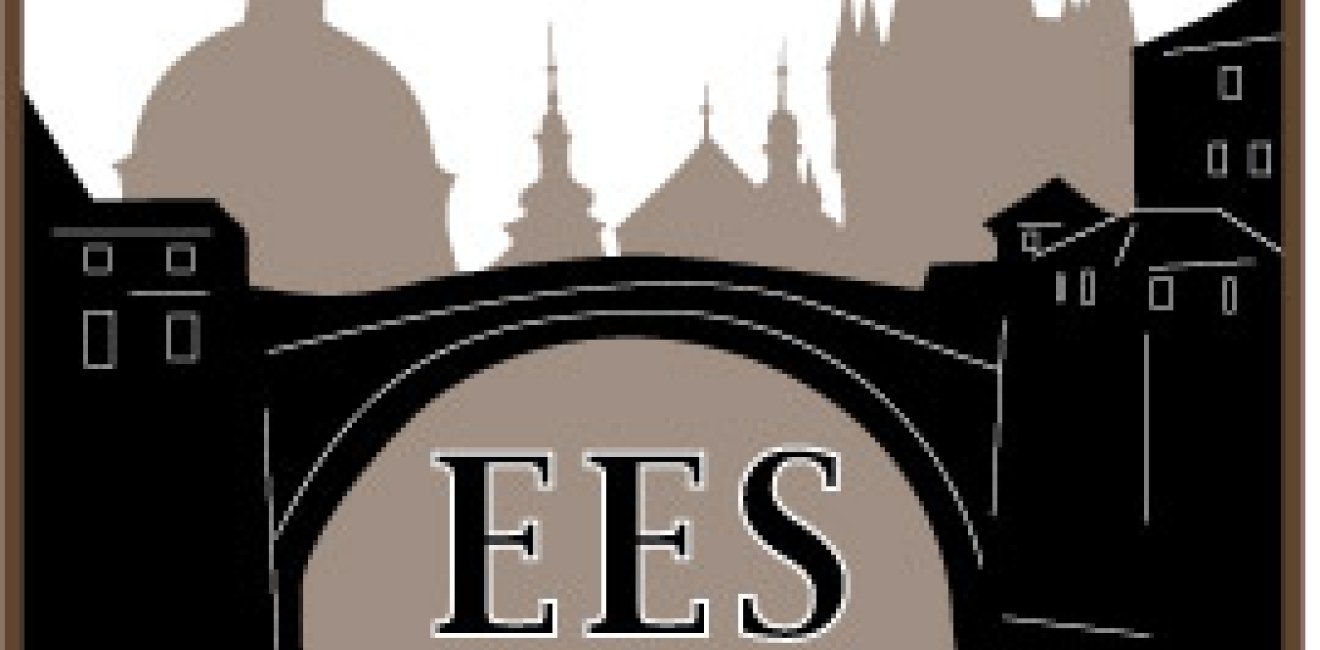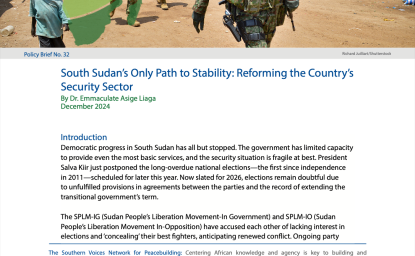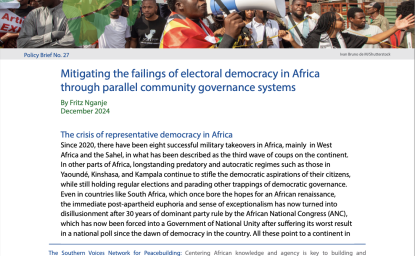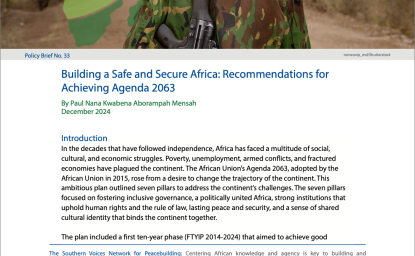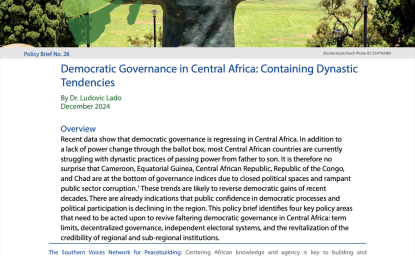Background Information: East European Studies of the Woodrow Wilson Center and the National Council for Eurasian and East European Research are soliciting applications for the twenty fourth annual training seminar for junior scholars in East European studies, to be held during August, 2012. All domestic transportation, accommodation and meal costs will be covered by the sponsors.
Eligibility: These scholarships are available to U.S. citizens. While Southeast Europe remains a primary focus, projects on Central Europe and the Baltic states are again eligible. Projects should focus on fields in the social sciences and humanities including, but not limited to: Anthropology, History, Political Science, Slavic Languages and Literatures, and Sociology. All projects should aim to highlight their potential policy relevance.
Disciplines represented at JSTS 2011 included: anthropology; history; political science; and, sociology.
Program Description: JSTS successfully combines formal and informal meetings to promote a variety of intellectual exchanges. Past activities have included:
- individual presentations;
- constructive feedback and question and answer sessions;
- one-on-one meetings for Junior Scholars with Senior Scholars;
- advice regarding publishing;
- discussions about the state of the profession and obtaining employment in the field;
- various social activities, including the crab-fest and the annual volleyball challenge.
Additional Requirements: Successful applicants are expected to submit a five-page paper no later than July 1 on the sources and methodology of their report and the wider significance of their work. (In other words, what was researched, how it was researched, and what it all means.) This paper will serve as the basis for discussion at the seminar.
Application Information: To apply for the Junior Scholars' Training Seminar (JSTS), the applicant must submit the following:
- a completed application form a curriculum vitae (which must include social security number and full date of birth, institution where degree is expected or was received, title of dissertation/thesis, and name and department of academic advisor);
- a single page, single-spaced statement of the work you wish to discuss - either the dissertation/thesis or another project;
- one letter of recommendation from academic advisor.
Deadline: The deadline for receipt of this year's JSTS applications and supporting materials is April 15, 2012. Applicants will be notified approximately six weeks later.
Please mail application materials for all grants to:
East European Studies
The Woodrow Wilson International Center for Scholars
One Woodrow Wilson Plaza
1300 Pennsylvania Avenue, NW
Washington, DC 20004-3027
OR send them by email to: European.Studies@WilsonCenter.org

